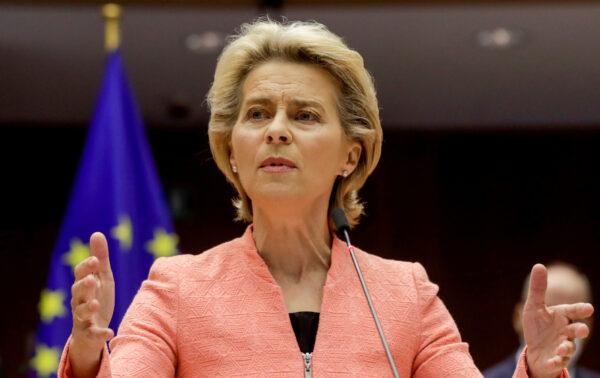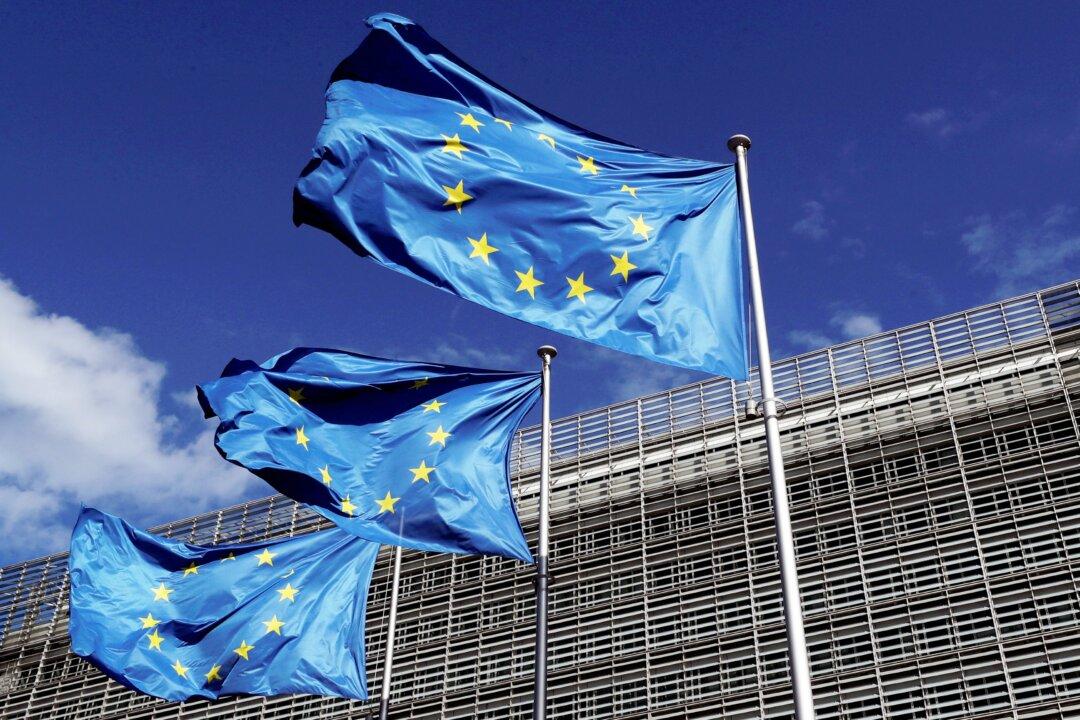The European Union decided on Monday to establish a global Magnitsky sanctions regime, enabling the bloc to target individuals and entities responsible for human rights abuses.
“Today we adopted the EU Global Human Rights Sanctions Regime,” said Josep Borrell Fontelles, High Representative of the EU for Foreign Affairs and Security Policy.
“This is a landmark agreement and the first of its kind. It will allow the European Union to target serious human rights abuses and violations worldwide,” he wrote on Twitter.
The decision, made at an EU foreign ministers’ meeting on Monday, will add to the EU’s “toolbox” in dealing with human rights violations around the world, including in China.
U.S. Secretary of State Michael Pompeo congratulated the EU on its adoption of the new framework. “The EU’s new authorities will promote accountability for human rights abuse and complement the efforts of the U.S., UK, and Canada, further enabling us to act together,” he wrote on Twitter.
There have also been calls for the EU to impose sanctions on those responsible for the brutal crackdown on protesters in Belarus and the poisoning of Russian opposition leader Alexei Navalny.

“We must always call out human rights abuses whenever and wherever they occur—be it on Hong Kong or with the Uyghurs,” she said.
As the EU’s Common Foreign and Security Policy requires unanimity among all member states, EU policy on China has been repeatedly blocked by some small EU countries, such as Greece, Hungary, and Portugal, which can be easily swayed by Beijing’s influence.
Von der Leyen urged member states to adopt “qualified majority voting” on human rights and sanctions implementation, which will prevent a small number of member states from blocking EU action on human rights.





